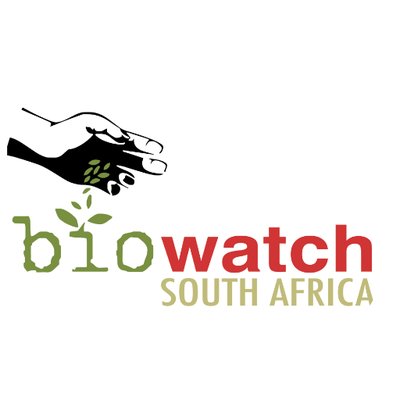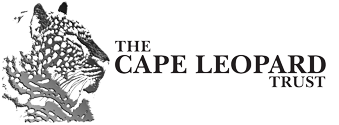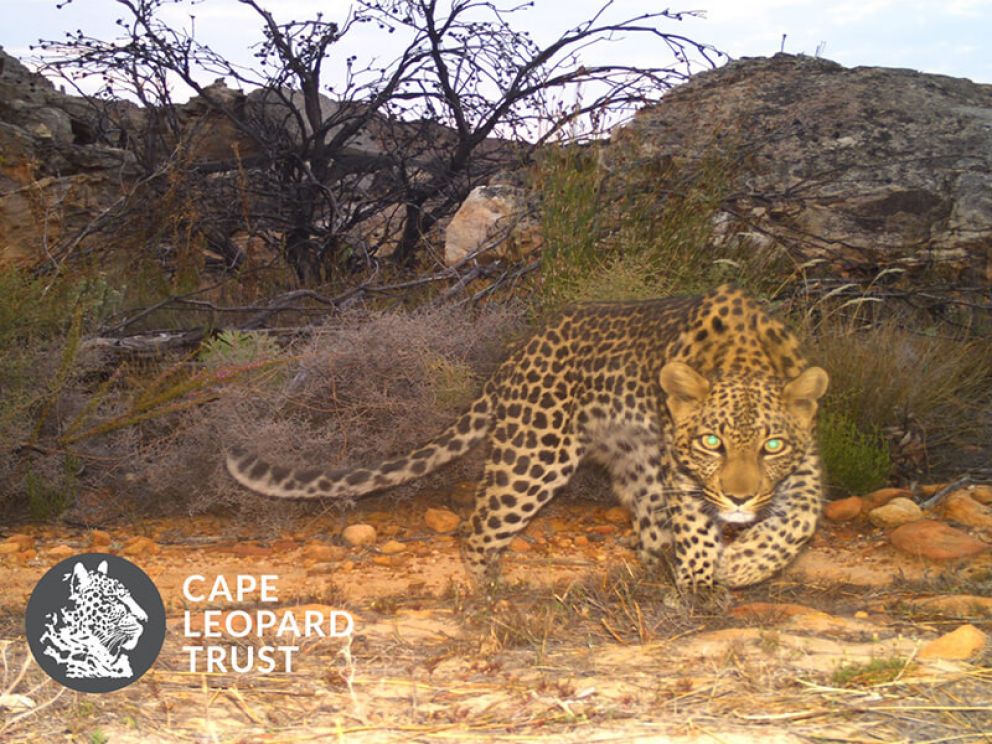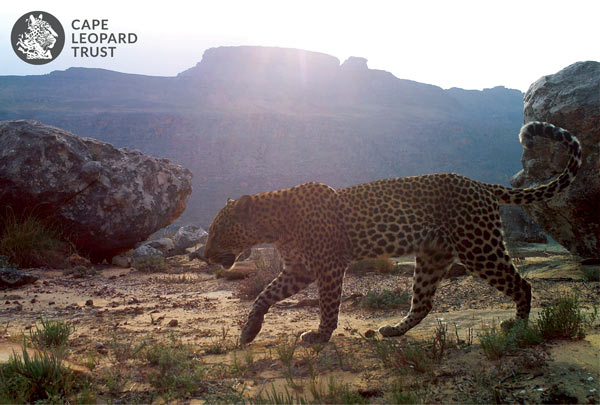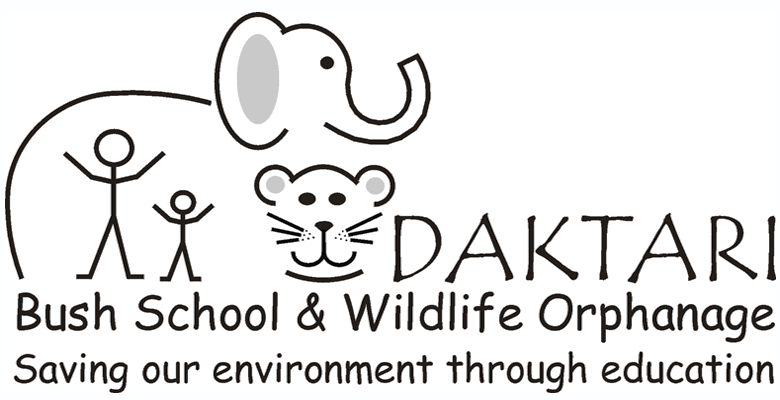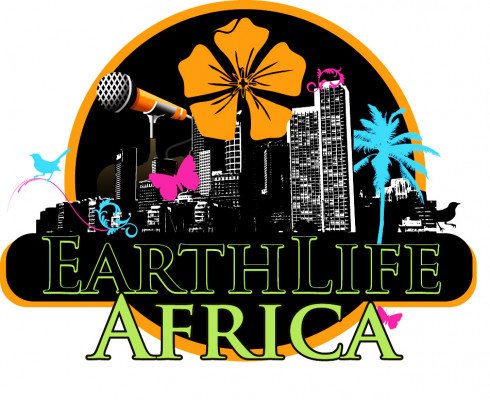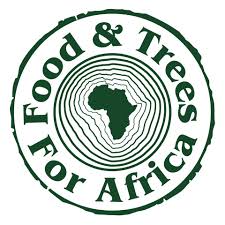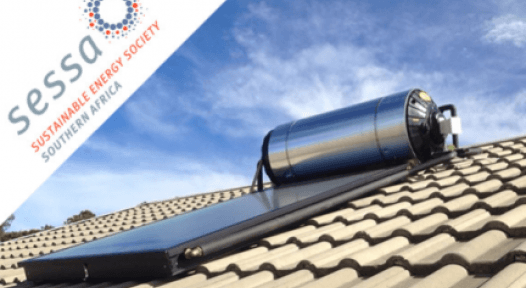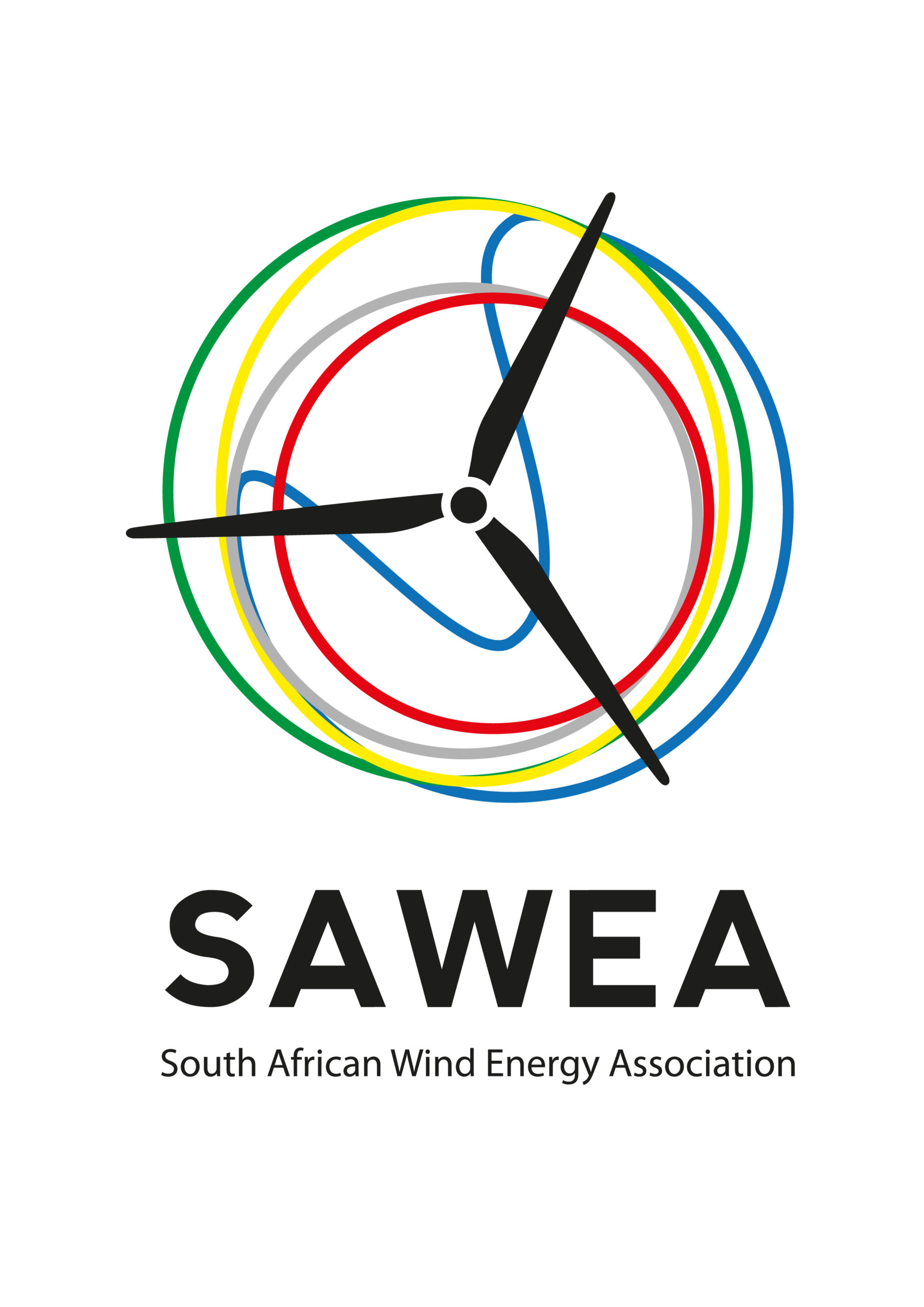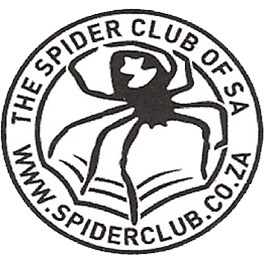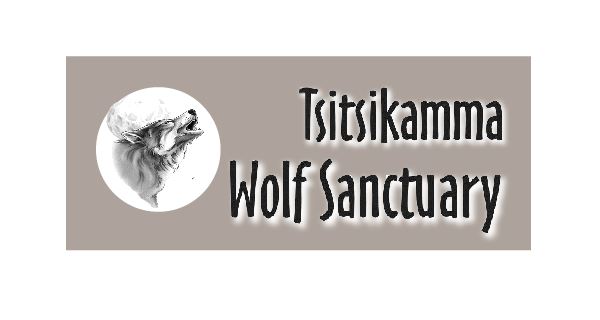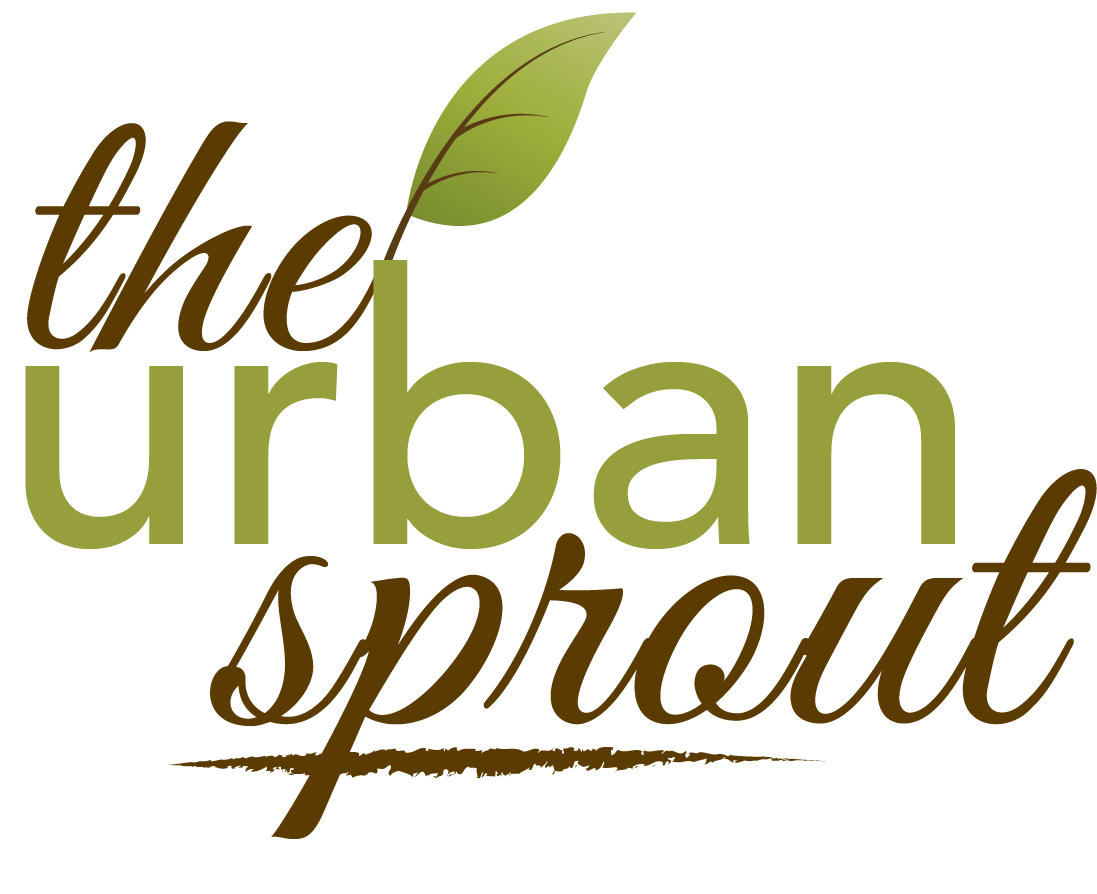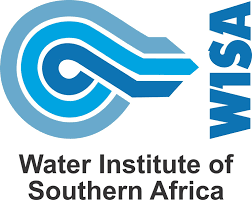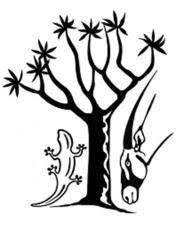
Arid Zone Ecology Forum (AZEF)
More than half of southern Africa is either arid or semi-arid, encompassing a diversity of biotic ecosystems. Because of a growing demand for food from a burgeoning population it is likely that these areas will be subjected to increased pressure in the future. An awareness of potential environmental problems – such as erosion, land degradation, plant and animal species extinctions, and global climate change, amongst many others – has already substantially influenced agricultural and management policies and research activities in these regions. The Arid Zone Ecology Forum has been initiated to focus attention on these problems and possible solutions.

